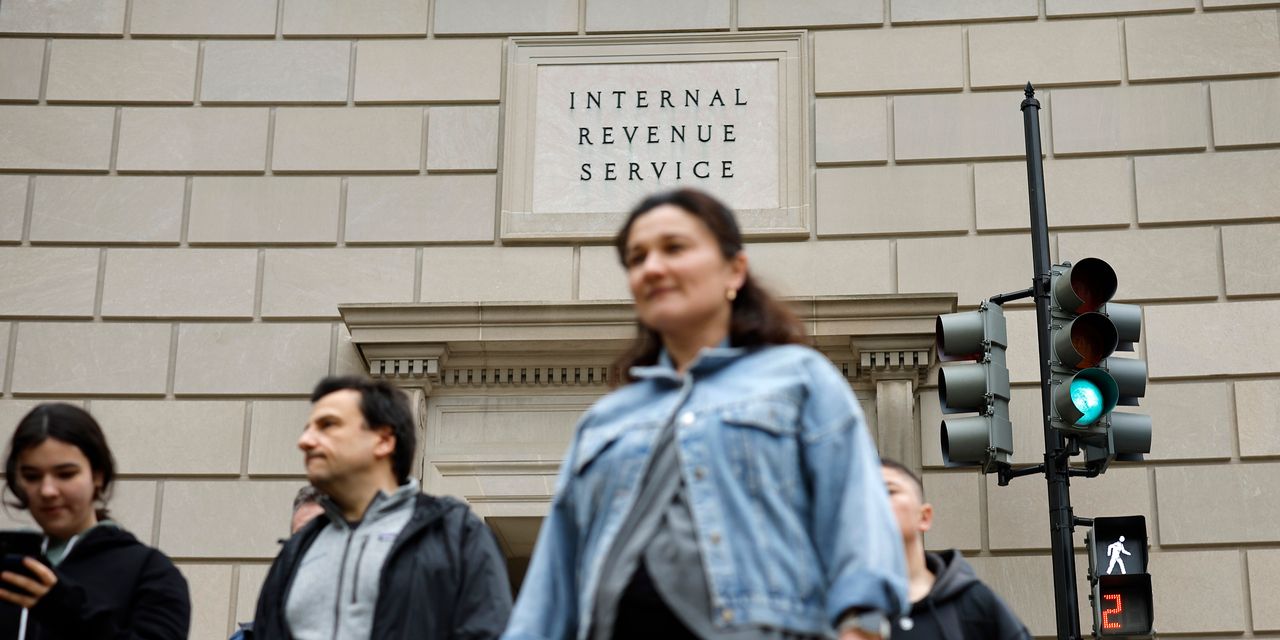The Internal Revenue Service is setting its gaze on employee stock-ownership plans to sniff out businesses skirting their tax obligations.
Such retirement plans are primarily invested in the company’s own stock. Like a 401(k), the holdings in these plans grow tax-deferred for a worker until distribution. It’s different from an employee stock-option plan, which gives the right — but not the requirement — to buy company stock at a certain price after a particular time.
These accounts can commonly be used for succession planning when the owners of private businesses eventually want to transfer their shares to employees and cash out their stake. Supporters say these plans are good for productivity and retention because workers technically own a piece of the company.
But the IRS said this week that some businesses may be taking liberties in a thicket of complicated rules — and the agency cautioned that it’s on the lookout for that to happen. That means a sharper enforcement focus on businesses, and high-net worth individuals in the wake of funding from the last year’s Inflation Reduction Act.
For example, employee stock ownership plans are allowed to borrow money from the company or elsewhere to pay for shares.
The IRS said it has identified “numerous issues,” including improper loans to buy shares and questions about stock valuations. When private businesses use the stock ownership plans, their stock has to be appraised every year. The tax structures for some of these plans may be diverting business income that should be subject to taxation, the IRS said.
Closing the gap between taxes owed and taxes paid “includes alerting higher-income taxpayers and businesses to compliance issues and aggressive schemes involving complex or questionable transactions, including those involving [employee stock ownership plans],” IRS Commissioner Danny Werfel said in a statement.
More than 6,400 employers offered these plans through 2020, covering 13.9 million people and holding over $300 billion in company stock, according to Labor Department data cited by the National Center for Employee Ownership.
The nonprofit organization researches worker ownership and assists businesses considering staff ownership.
The number of 401(k)s dwarf employee stock ownership plans. In 2020, employers offered approximately 600,000 of the 401(k) plans, covering 60 million workers and many more retirees and former workers, said the Investment Company Institute.
“The danger is the IRS is painting far too broad a brush here,” said Loren Rodgers, executive director of the National Center for Employee Ownership.
Can some plans run afoul of tax rules? Sure, Rodgers acknowledges. But the plans’ “overwhelming impact is positive,” he said.
For example, the household wealth and wage income for younger workers participating in these plans far exceed workers without the plans, according to the organization’s 2017 study. The report analyzed Bureau of Labor Statistics data for workers ages 28 to 34.
Stepped-up scrutiny could dissuade some completely law-abiding businesses away from the plans because they didn’t want IRS hassles, Rodgers said. “I’m really worried the IRS runs a huge risk of creating a huge overreaction.”
Read the full article here





